12 Essential Nutrients Your Body Needs for Healthy Blood Pressure Levels
Blood pressure is a critical aspect of overall health, impacting the body's ability to function efficiently. High blood pressure, or hypertension, is a common condition that can lead to severe health complications if left unmanaged. While medication can be necessary for some, dietary choices play a significant role in maintaining healthy blood pressure levels. At the heart of these dietary choices are essential nutrients that help regulate blood pressure. This guide, "The Vital 12," explores the nutrients crucial to maintaining healthy blood pressure levels. By understanding and incorporating these nutrients into daily life, individuals can take proactive steps towards better heart health and overall well-being. As we explore each of the vital 12 nutrients, this guide will provide practical advice on incorporating them into your diet, backed by scientific research and expert insights. Whether you're looking to prevent hypertension or manage existing conditions, this guide offers valuable information to help you make informed dietary choices.
1. Potassium: The Balancer of Blood Pressure

Potassium is a powerhouse nutrient when it comes to blood pressure regulation. It works by balancing the effects of sodium in the body, helping to relax blood vessel walls and reduce blood pressure. The modern diet, often high in processed foods, tends to be rich in sodium but low in potassium, creating an imbalance that can lead to hypertension. Increasing potassium intake can help mitigate these effects, making it a crucial nutrient for maintaining healthy blood pressure levels. One of the primary functions of potassium is to help the kidneys filter sodium out of the body. When sodium levels are too high, the body retains water to dilute it, which increases blood volume and, consequently, blood pressure. Potassium helps counteract this by promoting sodium excretion, thus reducing blood volume and pressure. This nutrient is abundant in fruits and vegetables, with bananas, oranges, spinach, and sweet potatoes being excellent sources. Integrating these foods into your diet can significantly impact your blood pressure health. Research has consistently shown that diets high in potassium are associated with lower blood pressure levels. The DASH (Dietary Approaches to Stop Hypertension) diet, which emphasizes potassium-rich foods, has been particularly effective in reducing blood pressure. By focusing on whole foods and minimizing processed foods, individuals can naturally increase their potassium intake. This approach not only supports blood pressure health but also provides a range of other health benefits, including improved heart and kidney function.
2. Magnesium: The Relaxer of Blood Vessels

Magnesium plays a crucial role in maintaining healthy blood pressure by acting as a natural vasodilator. This means it helps relax and widen blood vessels, allowing blood to flow more freely and reducing pressure on arterial walls. Adequate magnesium levels are essential for the proper functioning of the body's cardiovascular system, and a deficiency can lead to increased blood pressure and other cardiovascular issues. The relationship between magnesium and blood pressure is well-documented. Studies have shown that individuals with higher magnesium intake tend to have lower blood pressure. Magnesium helps regulate calcium levels in the body, which is vital for muscle and nerve function, including the muscles that control blood vessels. By ensuring that these muscles function properly, magnesium helps maintain optimal blood flow and pressure. Dietary sources of magnesium include nuts, seeds, whole grains, and leafy green vegetables. Incorporating these foods into your diet can help ensure adequate magnesium intake. For those who struggle to meet their magnesium needs through diet alone, supplements may be an option, though it's essential to consult with a healthcare provider before starting any supplement regimen. By prioritizing magnesium-rich foods, individuals can support their cardiovascular health and work towards maintaining healthy blood pressure levels.
3. Calcium: The Essential Mineral for Heart Health

Calcium is often associated with bone health, but it's also vital for maintaining healthy blood pressure levels. This mineral plays a role in the contraction and relaxation of blood vessels, which is crucial for regulating blood pressure. Adequate calcium intake helps ensure that blood vessels function properly, reducing the risk of hypertension and other cardiovascular issues. Research has shown that calcium can help lower blood pressure, particularly in individuals with low calcium intake. Calcium works in tandem with other minerals, such as magnesium and potassium, to support cardiovascular health. It helps regulate the electrical activity of the heart and blood vessels, ensuring that they contract and relax efficiently. This process is essential for maintaining optimal blood flow and pressure. Dairy products are a well-known source of calcium, but there are plenty of non-dairy options as well, such as fortified plant-based milks, leafy greens, and almonds. Ensuring a balanced diet that includes these calcium-rich foods can support blood pressure health and overall well-being. As with magnesium, it's important to consult with a healthcare provider before considering calcium supplements, as excessive calcium intake can have negative health effects.
4. Omega-3 Fatty Acids: The Heart's Best Friend
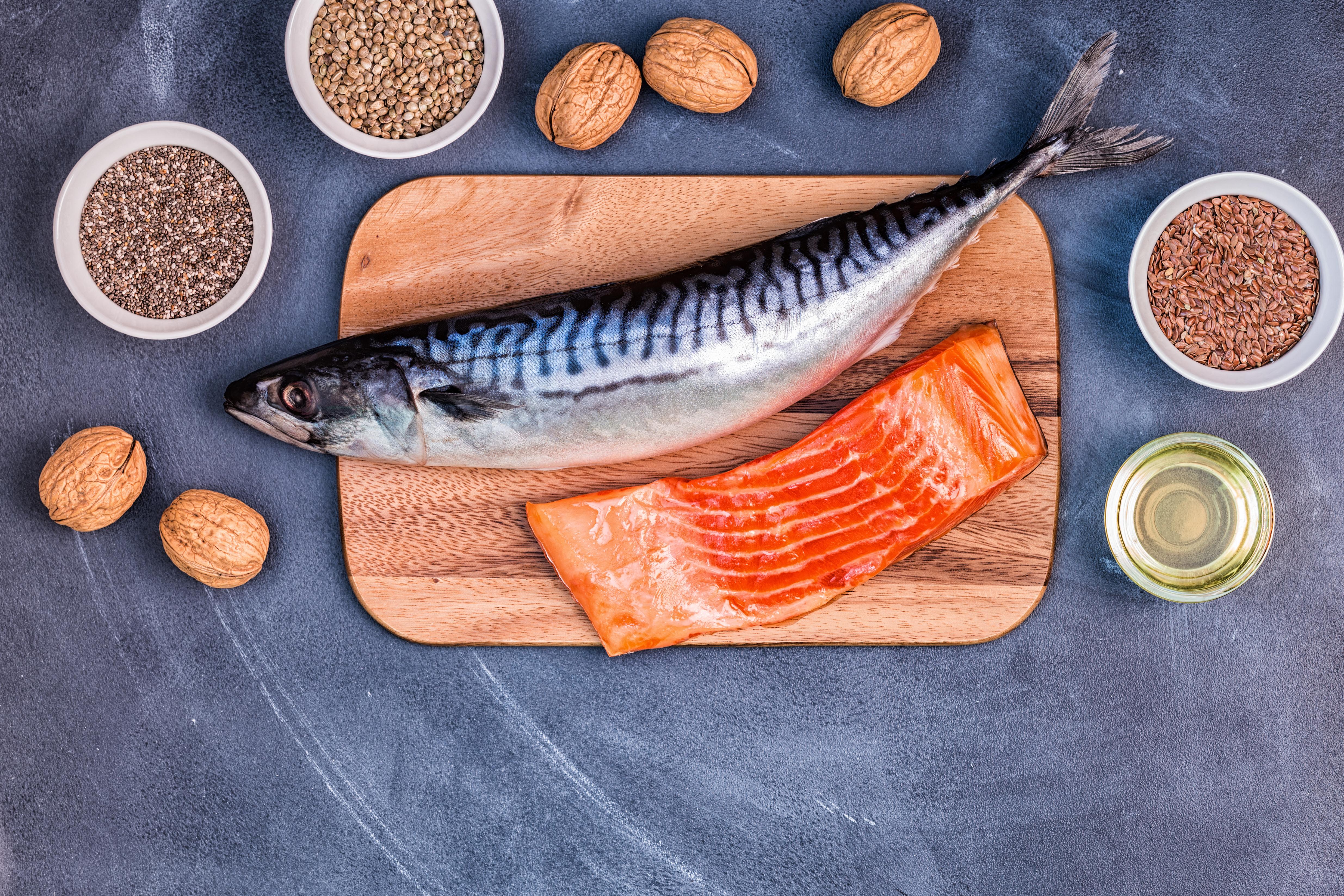
Omega-3 fatty acids are renowned for their heart health benefits, and they play a significant role in maintaining healthy blood pressure levels. These essential fats, found primarily in fish, flaxseeds, and walnuts, help reduce inflammation and improve blood vessel function, both of which are crucial for regulating blood pressure. Omega-3s are also known to lower triglyceride levels and reduce the risk of heart disease. The anti-inflammatory properties of omega-3 fatty acids are particularly beneficial for blood pressure regulation. Inflammation can lead to the narrowing and stiffening of blood vessels, increasing blood pressure. By reducing inflammation, omega-3s help maintain flexible and healthy blood vessels, allowing for optimal blood flow and pressure. Additionally, omega-3s have been shown to improve endothelial function, which is vital for blood vessel health. Incorporating omega-3-rich foods into your diet is a delicious and effective way to support blood pressure health. Fatty fish such as salmon, mackerel, and sardines are excellent sources of omega-3s. For those who prefer plant-based options, flaxseeds, chia seeds, and walnuts are great alternatives. Omega-3 supplements, such as fish oil, are also available, but it's important to consult with a healthcare provider before starting any supplement regimen.
5. Fiber: The Unsung Hero of Heart Health
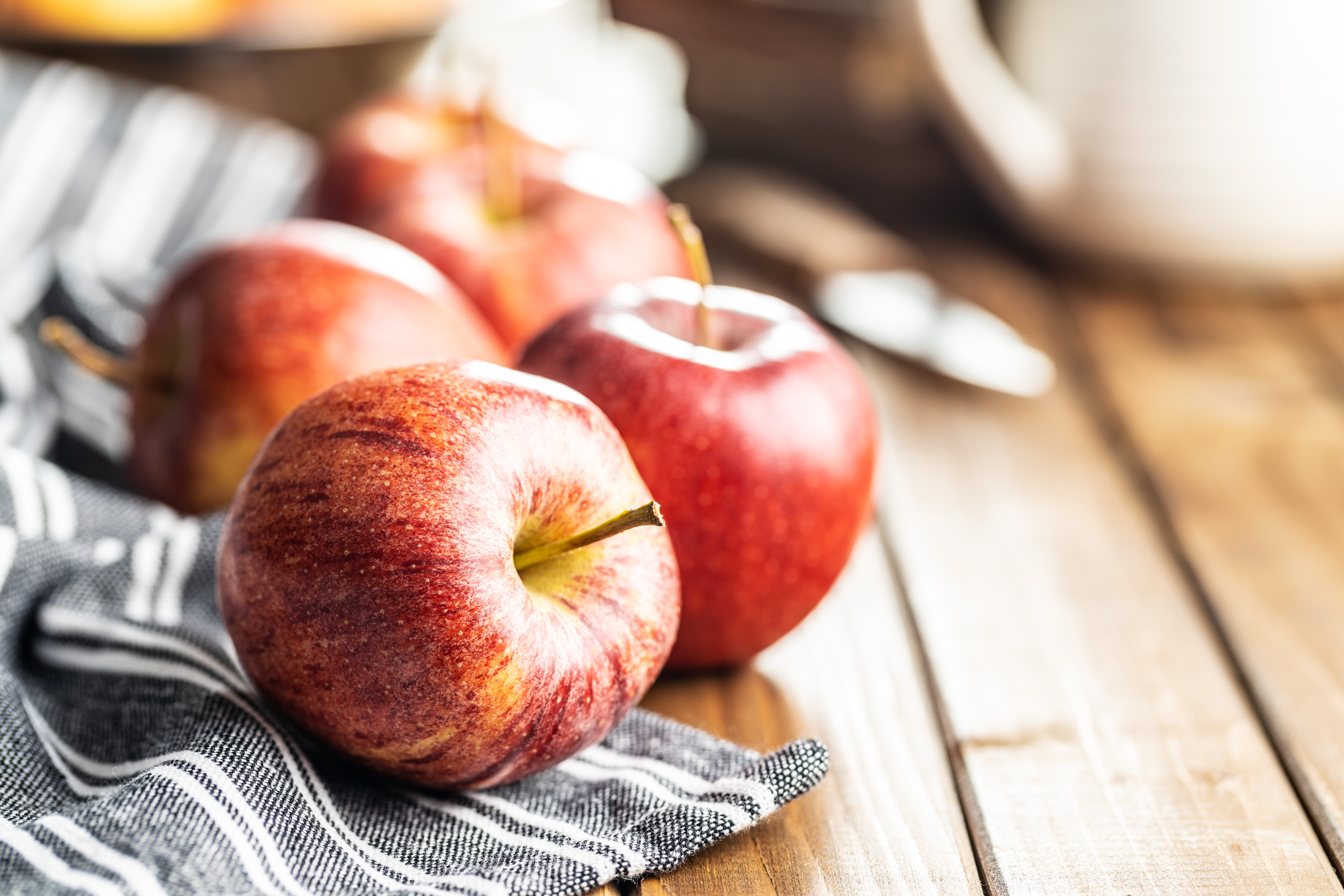
Fiber is an essential nutrient for maintaining healthy blood pressure levels, yet it often goes unnoticed in discussions about cardiovascular health. This nutrient, found in fruits, vegetables, whole grains, and legumes, plays a vital role in promoting heart health by helping to regulate blood pressure and reduce cholesterol levels. High-fiber diets have been consistently linked to lower blood pressure and a reduced risk of heart disease. One of the ways fiber supports blood pressure health is by improving the body's ability to regulate blood sugar levels. Stable blood sugar levels help prevent insulin resistance, a condition associated with increased blood pressure. Additionally, fiber helps reduce cholesterol levels by binding to cholesterol particles and removing them from the body. Lower cholesterol levels contribute to healthier blood vessels and reduced blood pressure. Incorporating fiber-rich foods into your diet is a simple yet effective way to support blood pressure health. Whole grains, such as oats and quinoa, are excellent sources of fiber, as are fruits like apples and berries. Vegetables, particularly leafy greens and cruciferous varieties, are also rich in fiber. By prioritizing these foods, individuals can support their cardiovascular health and work towards maintaining healthy blood pressure levels.
6. Vitamin D: The Sunshine Vitamin's Role in Blood Pressure

Vitamin D, often referred to as the sunshine vitamin, plays a crucial role in maintaining healthy blood pressure levels. This vitamin helps regulate calcium levels in the body, which is essential for proper blood vessel function. Adequate vitamin D levels are associated with a reduced risk of hypertension and improved cardiovascular health. Research has shown that vitamin D deficiency is linked to increased blood pressure and a higher risk of heart disease. Vitamin D helps modulate the renin-angiotensin-aldosterone system, which regulates blood pressure. By ensuring that this system functions properly, vitamin D helps maintain optimal blood flow and pressure. Additionally, vitamin D has anti-inflammatory properties, which further support blood vessel health. Sun exposure is the most natural way to obtain vitamin D, but dietary sources such as fatty fish, fortified dairy products, and egg yolks can also provide this essential nutrient. For those who struggle to get enough vitamin D from sun exposure and diet, supplements may be an option. However, it's important to consult with a healthcare provider before starting any supplement regimen, as excessive vitamin D intake can have negative health effects.
7. Coenzyme Q10: The Energy Booster for Blood Vessels

Coenzyme Q10 (CoQ10) is a naturally occurring antioxidant that plays a vital role in energy production and cardiovascular health. This nutrient is essential for maintaining healthy blood pressure levels, as it helps improve blood vessel function and reduce oxidative stress. CoQ10 is particularly beneficial for individuals with hypertension, as it has been shown to lower blood pressure and improve heart health. The primary function of CoQ10 is to support the production of adenosine triphosphate (ATP), the energy currency of the body. This process is crucial for the proper functioning of all cells, including those in the cardiovascular system. By ensuring that blood vessels have the energy they need to function optimally, CoQ10 helps maintain healthy blood pressure levels. Additionally, its antioxidant properties help protect blood vessels from damage caused by free radicals, reducing the risk of hypertension. Dietary sources of CoQ10 include fatty fish, organ meats, and whole grains. However, it can be challenging to obtain adequate amounts of CoQ10 from diet alone, particularly for individuals with certain health conditions. In such cases, CoQ10 supplements may be beneficial, but it's essential to consult with a healthcare provider before starting any supplement regimen. By prioritizing CoQ10-rich foods and considering supplements when necessary, individuals can support their cardiovascular health and work towards maintaining healthy blood pressure levels.
8. Nitrates: The Natural Blood Pressure Reducers
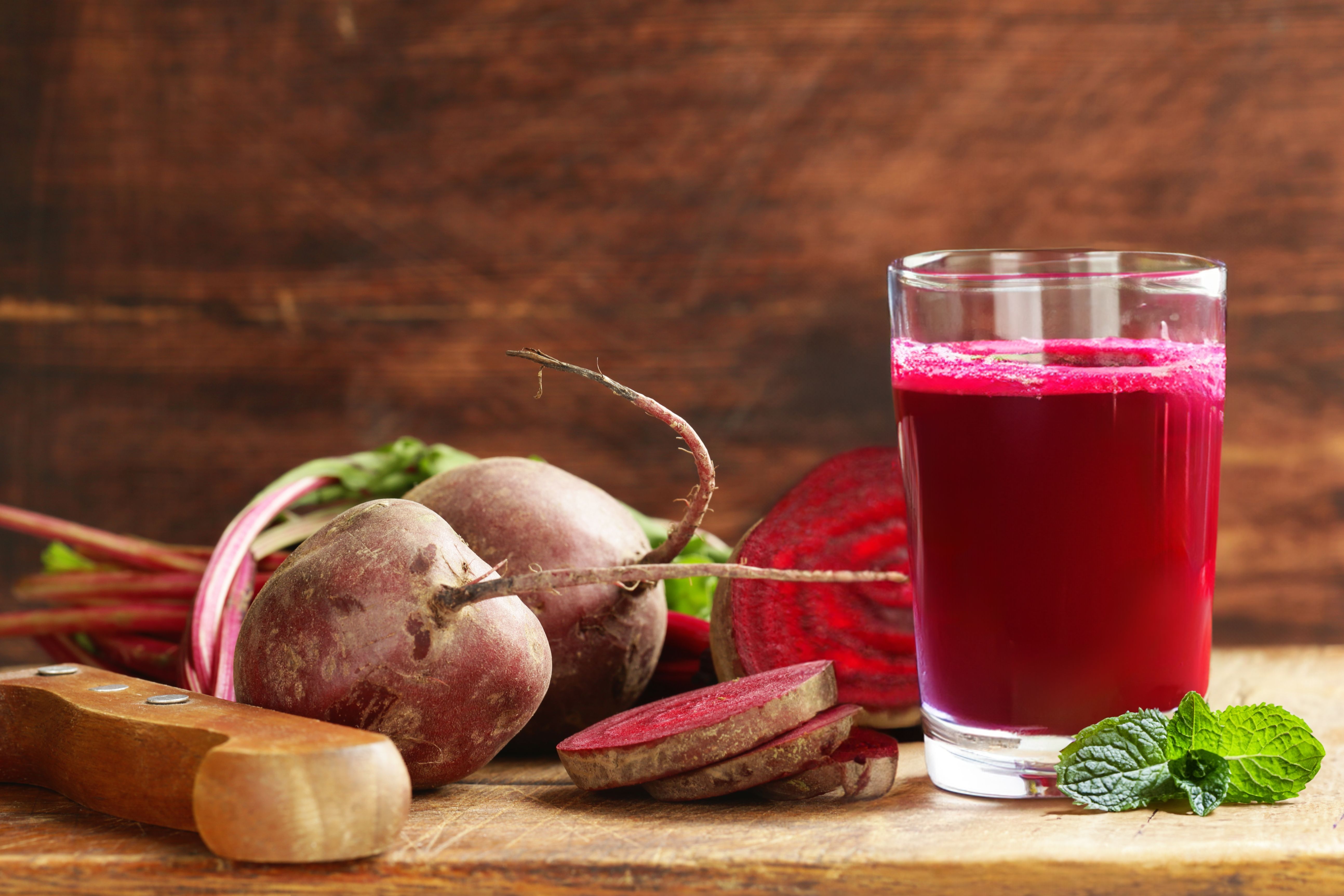
Nitrates are compounds found in certain vegetables that have been shown to have a positive impact on blood pressure levels. When consumed, nitrates are converted into nitric oxide, a molecule that helps relax and widen blood vessels, allowing for improved blood flow and reduced blood pressure. This process makes nitrates a valuable nutrient for maintaining healthy blood pressure levels. Beetroot and leafy greens such as spinach and arugula are particularly rich in nitrates. Studies have shown that consuming these foods can lead to significant reductions in blood pressure, particularly in individuals with hypertension. The effects of nitrates on blood pressure are often seen within hours of consumption, making them an effective and natural way to support cardiovascular health. Incorporating nitrate-rich foods into your diet is a simple and delicious way to support blood pressure health. Fresh beetroot juice, salads with leafy greens, and roasted beets are all excellent options.
9. Polyphenols: The Antioxidant Powerhouses

Polyphenols are a group of naturally occurring compounds found in plants that have been shown to have a range of health benefits, including the ability to lower blood pressure. These compounds, which include flavonoids and phenolic acids, have potent antioxidant and anti-inflammatory properties that support cardiovascular health and blood pressure regulation. The antioxidant properties of polyphenols help protect blood vessels from oxidative stress, a condition that can lead to the stiffening and narrowing of arteries. By reducing oxidative stress, polyphenols help maintain flexible and healthy blood vessels, allowing for optimal blood flow and pressure. Additionally, polyphenols have been shown to improve endothelial function, which is crucial for blood vessel health. Foods rich in polyphenols include berries, dark chocolate, green tea, and red wine. Incorporating these foods into your diet can provide a delicious way to support blood pressure health.
10. L-Arginine: The Amino Acid for Blood Flow
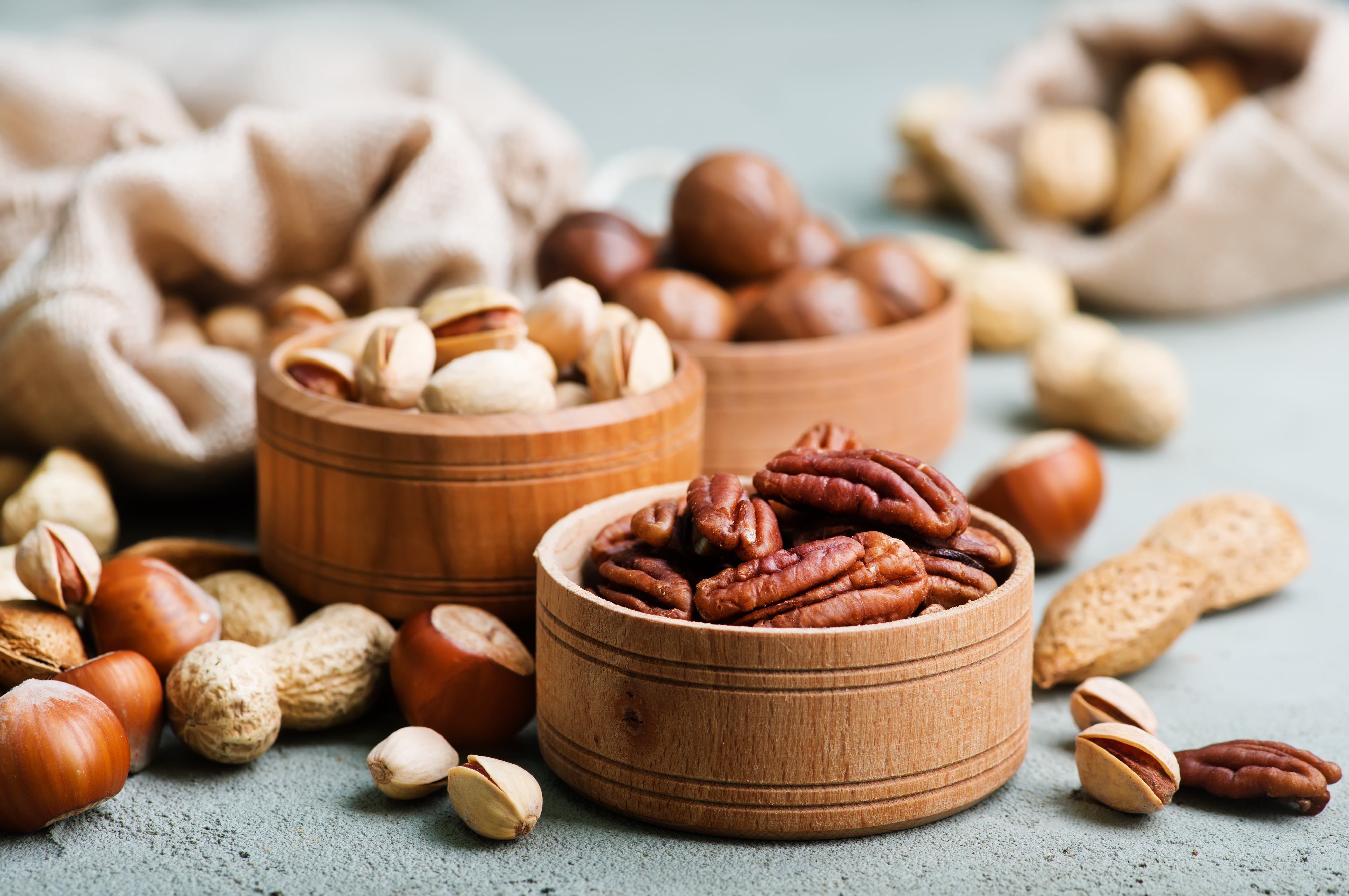
L-arginine is an amino acid that plays a crucial role in maintaining healthy blood pressure levels by promoting the production of nitric oxide. Nitric oxide is a molecule that helps relax and widen blood vessels, allowing for improved blood flow and reduced blood pressure. As a result, L-arginine is a valuable nutrient for supporting cardiovascular health and blood pressure regulation. Research has shown that L-arginine supplementation can lead to significant reductions in blood pressure, particularly in individuals with hypertension. This amino acid is involved in the synthesis of proteins and plays a vital role in various physiological processes, including immune function and hormone regulation. By promoting the production of nitric oxide, L-arginine helps ensure that blood vessels function optimally, reducing the risk of hypertension and other cardiovascular issues. Dietary sources of L-arginine include meat, poultry, fish, dairy products, and nuts. While it's possible to obtain adequate amounts of L-arginine from diet alone, some individuals may benefit from supplements, particularly those with certain health conditions. It's important to consult with a healthcare provider before starting any supplement regimen, as excessive L-arginine intake can have negative health effects. By prioritizing L-arginine-rich foods and considering supplements when necessary, individuals can support their cardiovascular health and work towards maintaining healthy blood pressure levels.
11. Probiotics: The Gut-Heart Connection

Probiotics are live microorganisms that provide health benefits when consumed, particularly in relation to gut health. Recent research has highlighted the connection between gut health and cardiovascular health, with probiotics playing a role in maintaining healthy blood pressure levels. By supporting a healthy gut microbiome, probiotics help regulate blood pressure and reduce the risk of hypertension. The gut-heart connection is based on the idea that the gut microbiome influences various physiological processes, including inflammation and metabolism. Probiotics help maintain a healthy balance of beneficial bacteria in the gut, which can reduce inflammation and support overall cardiovascular health. Additionally, probiotics have been shown to improve lipid profiles and reduce cholesterol levels, both of which contribute to healthier blood pressure levels. Fermented foods such as yogurt, kefir, sauerkraut, and kimchi are rich in probiotics and can be easily incorporated into your diet.
12. Flavonoids: The Natural Blood Pressure Modulators
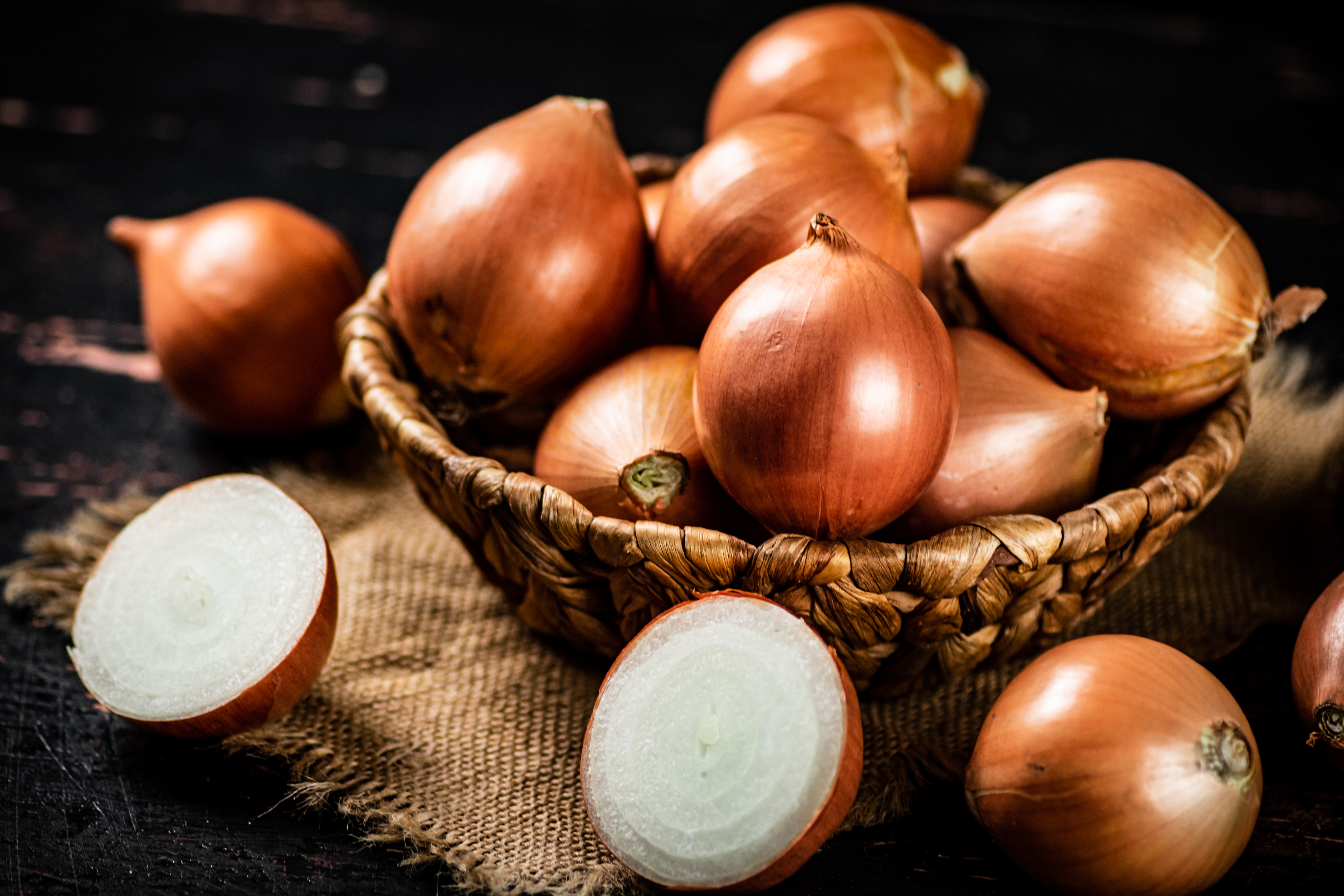
Flavonoids are a diverse group of plant compounds with powerful antioxidant and anti-inflammatory properties that have been shown to support cardiovascular health and blood pressure regulation. These compounds are found in a wide variety of fruits, vegetables, and beverages, making them an accessible and delicious way to support blood pressure health. The antioxidant properties of flavonoids help protect blood vessels from oxidative stress, a condition that can lead to the stiffening and narrowing of arteries. By reducing oxidative stress, flavonoids help maintain flexible and healthy blood vessels, allowing for optimal blood flow and pressure. Additionally, flavonoids have been shown to improve endothelial function, which is crucial for blood vessel health. Foods rich in flavonoids include citrus fruits, berries, onions, and dark chocolate. Beverages such as green tea and red wine are also excellent sources of flavonoids. Incorporating these foods and beverages into your diet can provide a delicious way to support blood pressure health. It's important to enjoy these foods in moderation, as excessive consumption of certain flavonoid-rich foods, such as red wine, can have negative health effects.
The journey to maintaining healthy blood pressure levels is deeply intertwined with the nutrients we consume. The Vital 12—a collection of essential nutrients—offers a comprehensive approach to supporting cardiovascular health through dietary choices. From the balancing effects of potassium and magnesium to the heart-protective properties of omega-3 fatty acids and polyphenols, each nutrient plays a unique role in blood pressure regulation. Embracing a nutrient-rich lifestyle goes beyond simply lowering blood pressure numbers. It involves adopting a holistic approach to health that prioritizes whole foods, balanced nutrition, and mindful eating. By incorporating the Vital 12 into daily life, individuals can take proactive steps towards better heart health, reduced risk of hypertension, and overall well-being. This guide serves as a resource for understanding the importance of these nutrients and offers practical advice for integrating them into your diet. As we conclude this exploration of the Vital 12, it's important to remember that maintaining healthy blood pressure levels is a lifelong commitment. By making informed dietary choices and prioritizing nutrient-rich foods, individuals can support their cardiovascular health and enjoy a vibrant and healthy life. Whether you're looking to prevent hypertension or manage existing conditions, this guide provides valuable insights and tools to help you on your journey towards optimal blood pressure health.
